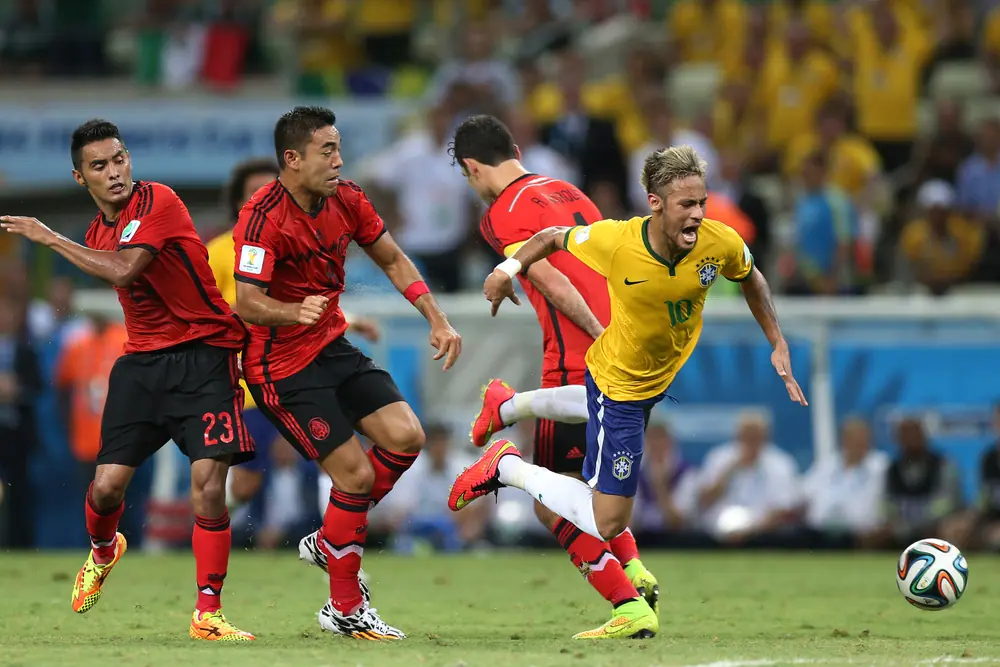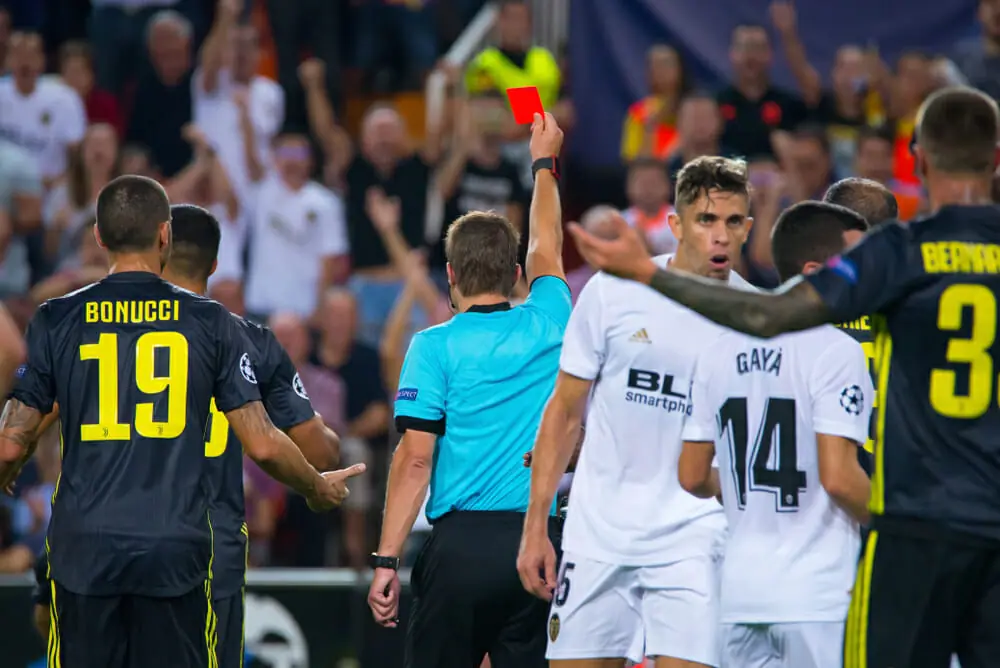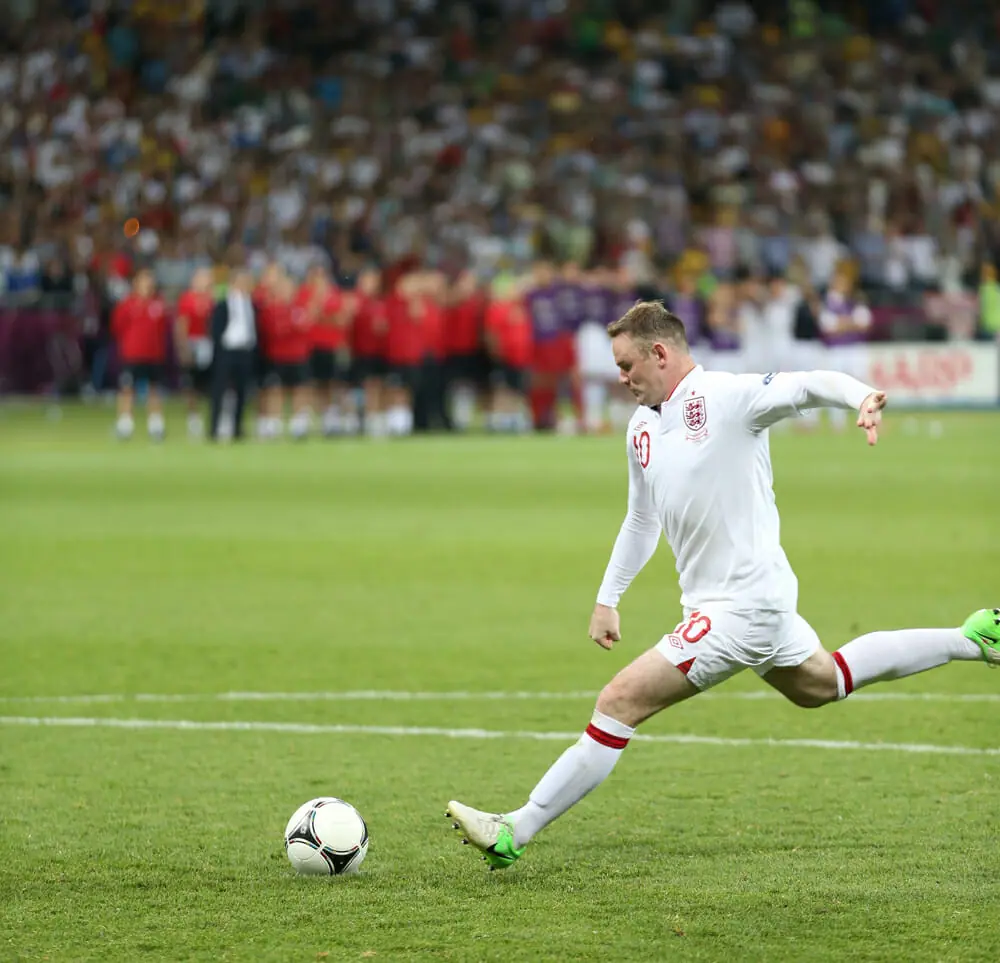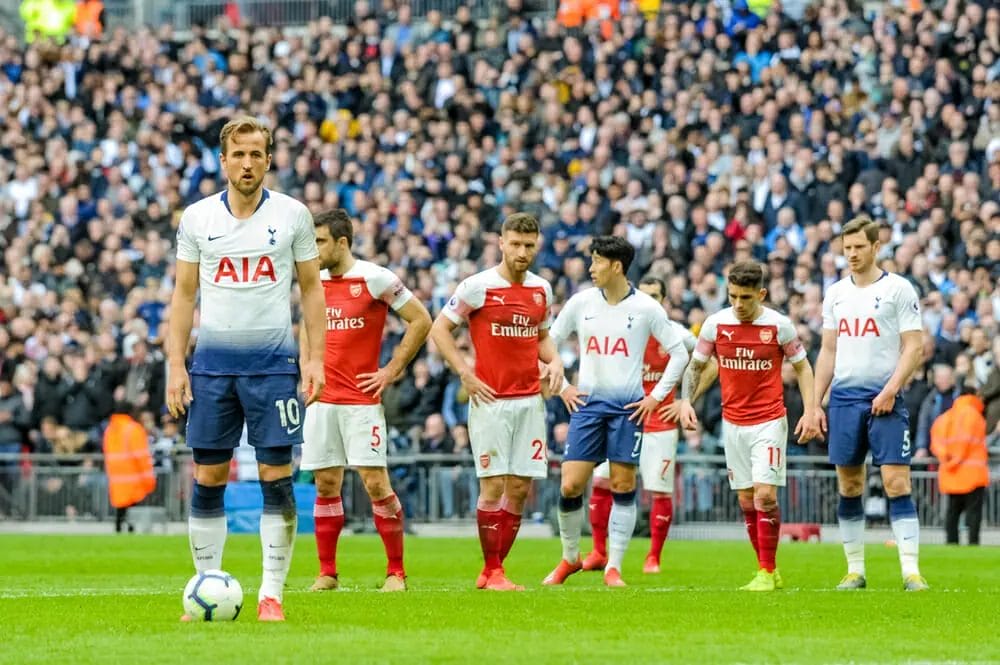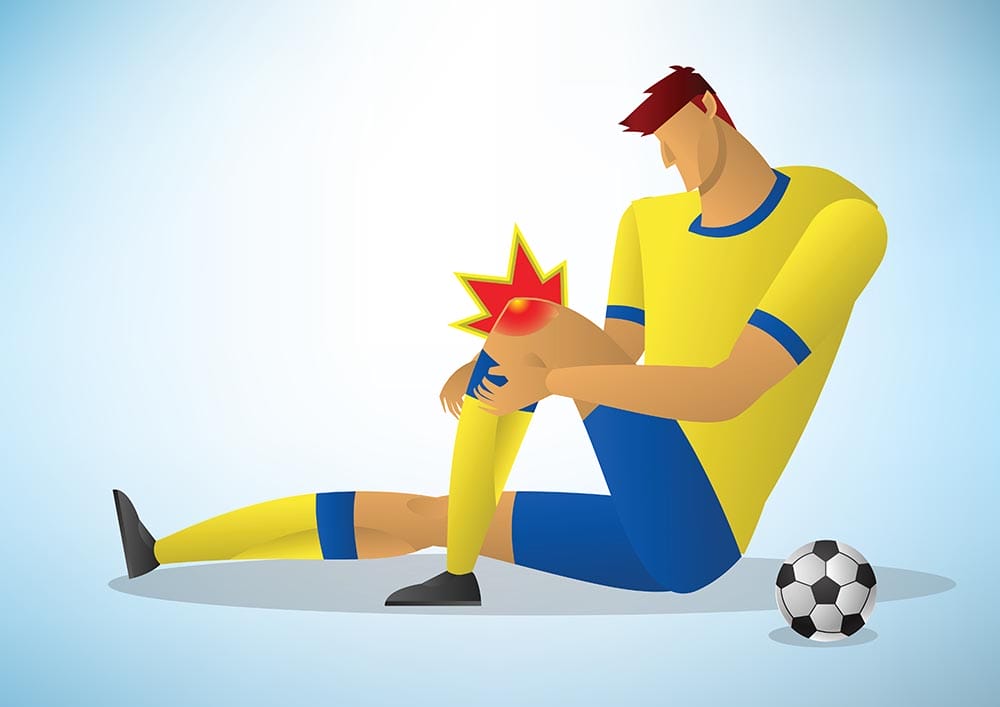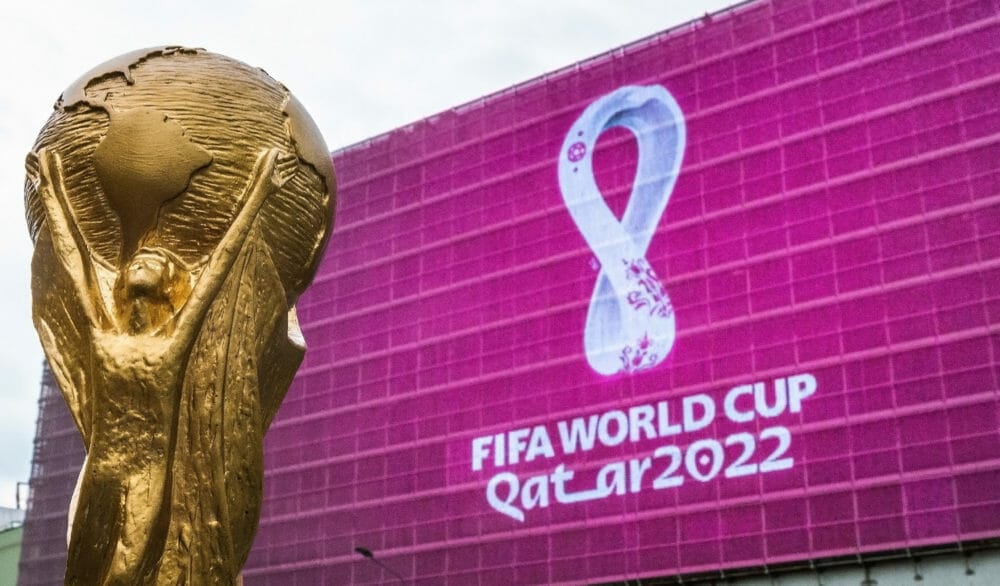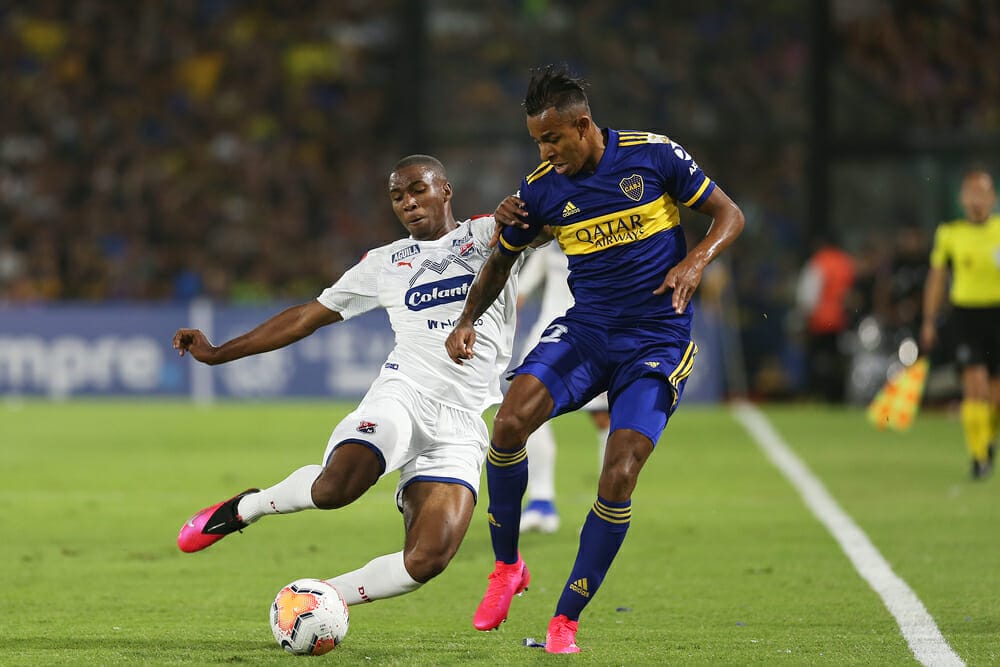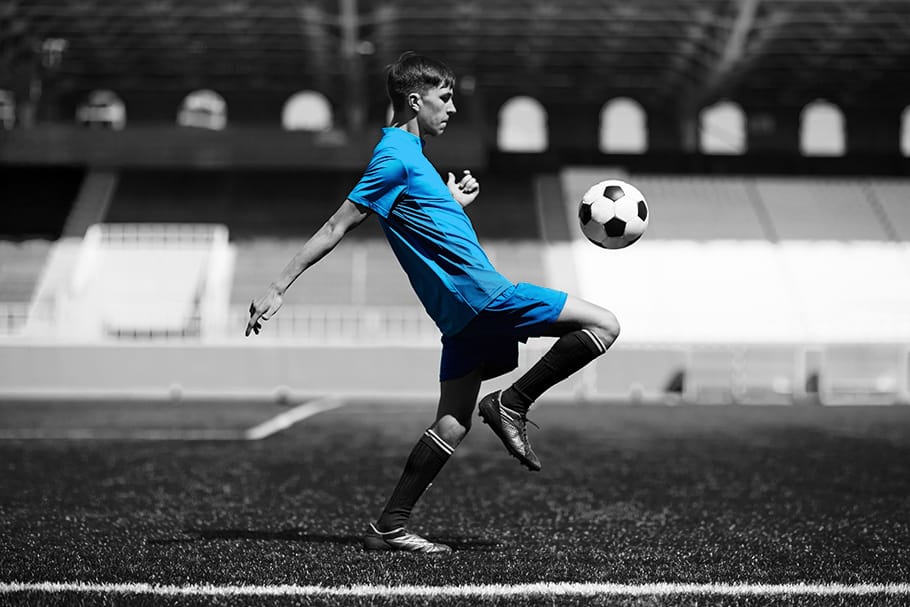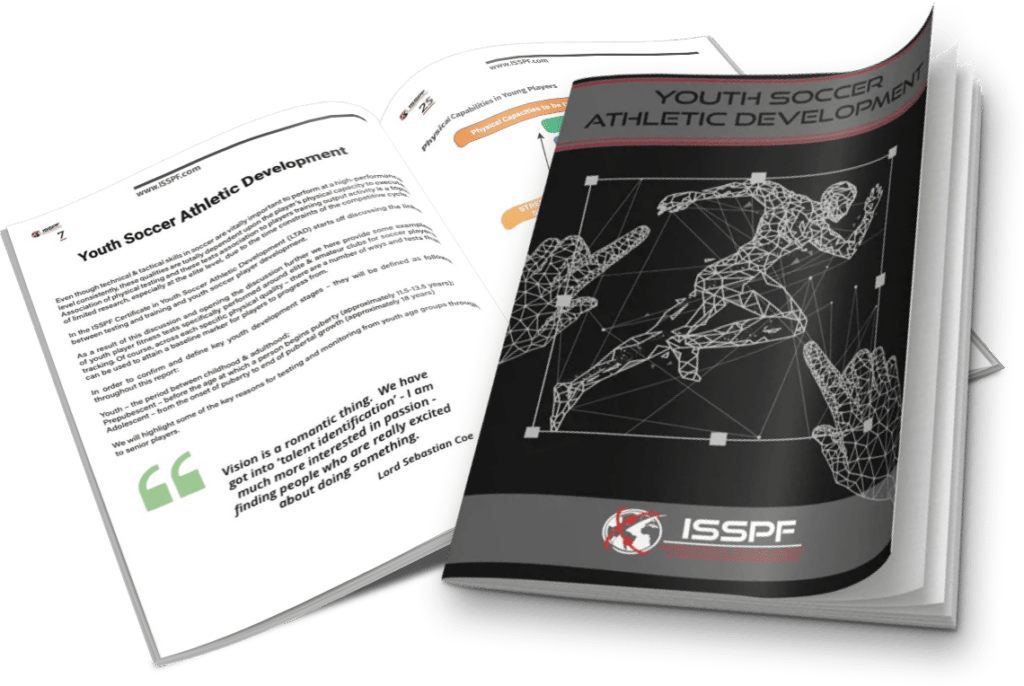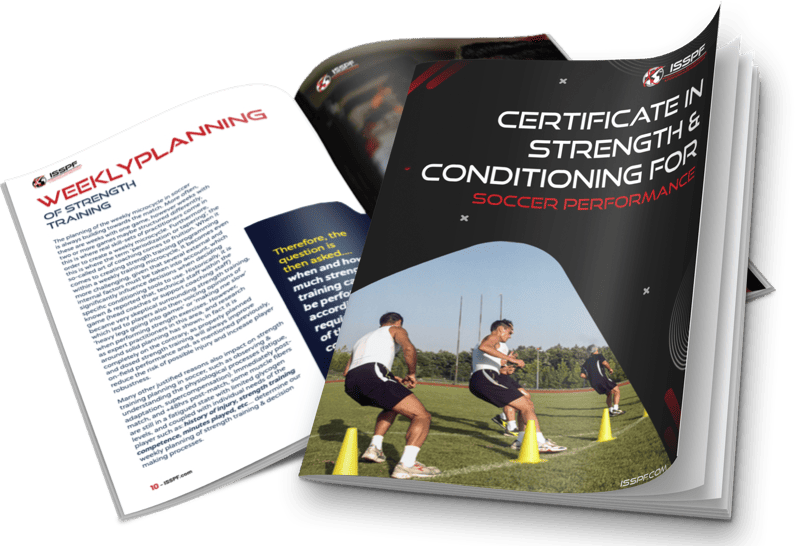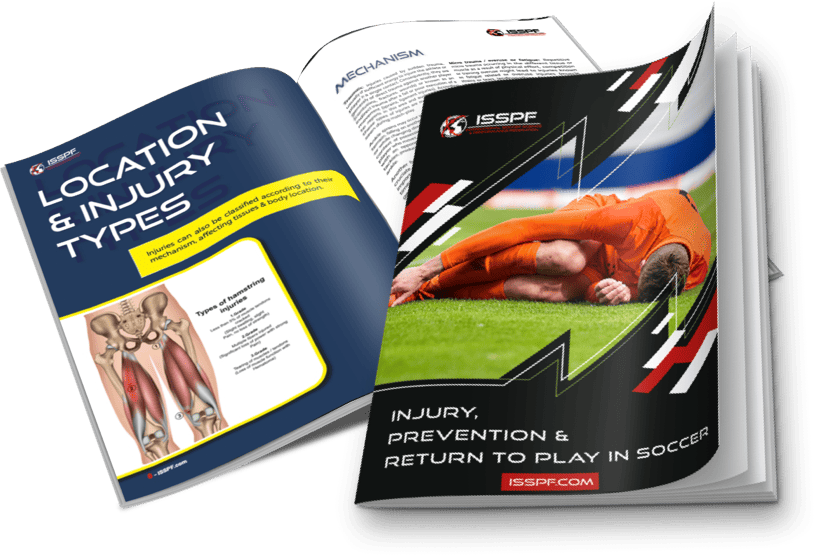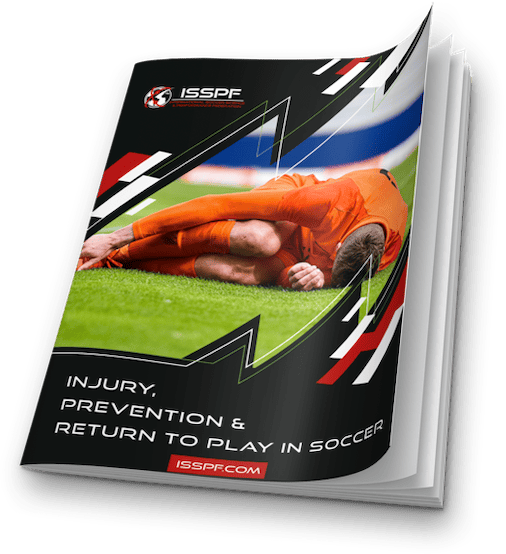Energy management is something that is well documented by media, players & staff within all avenues of sporting performance.
Being able to understand and compose oneself under pressurised, stressful & successful environments is vitally important to develop the global approach to achieving.
Stress & anxiety before or during sporting competition or training content can interfere with the development & performance as both a coach & athlete.
The Importance of Mindsets
The coordinated movement required, decision-making processes, and actions involved with sport performance, especially soccer becomes increasingly difficult when your mind & subsequent body is in a heightened pressured, tense period.
Although we all know how levels of physical arousal can be beneficial and assist us prepare ourselves and players to perform, when the physical symptoms of anxiety are too great, they may seriously interfere with the capability to compete or perform to maximum levels.
According to reports in this area, certain amounts of worry about how you perform can stimulate a helpful response in certain environments & in competition.
However, at the same time, it is suggested that negative thought processed & patterns coupled with expectations of failure can bring about a self-fulfilling prophecy.
Some soccer players or athletes may be more prone to feeling the heightened effects of anxiety on performance.
But that will be the same across youth, amateur & professional levels so the need to understand this area of performance can significantly help all coaches, performance staff & medical practitioners working in the athletic development process.
Performing Under Pressure
How is it possible that elite soccer players or athletes consistently rise to the challenge or occasion when faced tough, high pressured games or competition?
Research shows that self-confidence plays a role in how you respond to symptoms of anxiety during athletic performance.
Generating confidence in your own ability as a performer (player, coach, physio or manager) will more than likely generate a positive reaction to being “stimulated or aroused” and will lead to the potential capability to thrive with challenge of competition. Reports in this area have found how elite players & coaches are often so focused on their behaviour, that they utilise arousal as excitement rather than anxiety.
Self-confidence is described as being at its highest when you believe in your own ability and feel that you have properly prepared for a competition.
How can I improve my concentration in soccer?
Performance Anxiety
There are a number of strategies that can be employed to reduce performance anxiety which is suggested as counter-productive to succeeding in sport both as a staff member or player:
• Practice or train well-enough and sufficiently enough to provide confidence in the build up to as well as during competition.
• Limit those negative thought provoking patterns which may contribute to anxiety through cognitive restructuring (ISSPF lectures have great detail on all elements).
• Develop your own processes in order to generate & interpret arousal during the training & competition as a positive rather than negative feeling.
Join Our Soccer Performance Course
The demand for sports science, physiotherapists, and performance & coaching specialists in football & team sports is growing year upon year.
Thousands of students are leaving university with a sports science degree, physio or therapy-related qualification, however many of them asking the key question – What now?
- How do I get a job in football?
- What’s the next step?
- Which area of sport or football science & medicine do I want to specialise in?
This is certainly an interesting question as progressing from completing a sporting, medical or therapy-related degree to then working in professional football & trying to understanding all the key components, and soft skills that come with jobs in football or careers within sport is complex.
As a result, the bespoke courses developed by ISSPF Elite Medical & Football Science Faculty members are a way of further exposing learners, parents, professional coaches, students, or other individuals interested in football science with a thirst to develop & upskill further.
The link below will take you to the hugely popular & expertly designed ISSPF endorsed & University & Football Association accredited Soccer Science & Performance online sport science course, where you will be exposed to sports medicine & football science with a coaching science led research overview, and practical examples used by the game’s leading practitioners.
Soccer Science & Performance Online Sport Science Course
How This Course Will Improve You
- Provides justification for the guiding of specific training methods, interventions & decision making processes within soccer.
- Highlights the practical application of modern, research based training methods & assessment tools.
- Provides an increased evidence & knowledge to understand key soccer science & performance processes across a range of coaching science topics.
- Discusses the most efficient training methods and detailed insights into developing player fitness alongside rehabilitation & training methodologies.
- Learn from industry experts in the area of football science, nutrition, sport science & performance training in team sports.
- Help maximise your decision making through a better understanding & appreciation of football or soccer science.
What Does This Course Cover?
Outline of the Soccer Science & Performance Course:
Module 1: The demands of professional soccer: Physiological costs of the game
Lecturer: Dr. Vasilis Kalapthorakos (Greece)
Topic: Physiology
Module 2: Developing Resilience in Soccer: Mental Skill Development
Lecturer: Nikki Crawley (England)
Topic: Psychology
Module 3: Game model building & development: Reinterpreting Tactical Periodisation
Lecturer: Dr. Alejandro Romero-Caballero (Spain)
Topic: Training Methodology
Module 4: Injury reduction strategies in professional soccer
Lecturer: Dr. Patrick Orme (England)
Topic: Injury Prevention
Module 5: Leadership and Culture for High Performance Soccer
Lecturer: Maximillian Lankheit (Germany)
Topic: Psychology
Module 6: Current trends in leading European soccer teams: In-Possession
Lecturer: Chris Meek (England)
Topic: Performance Analysis
Module 7: Soccer nutrition & the role of the nutritionist
Lecturer: Matthew Jones (England)
Topic: Nutrition
Module 8: Competitive soccer training microcycle: Structure & justification
Lecturer: Dr. Manuel Segovia (Spain)
Topic: Training Methodology
Soccer Science & Performance Online Sport Science Course
Share this article:
